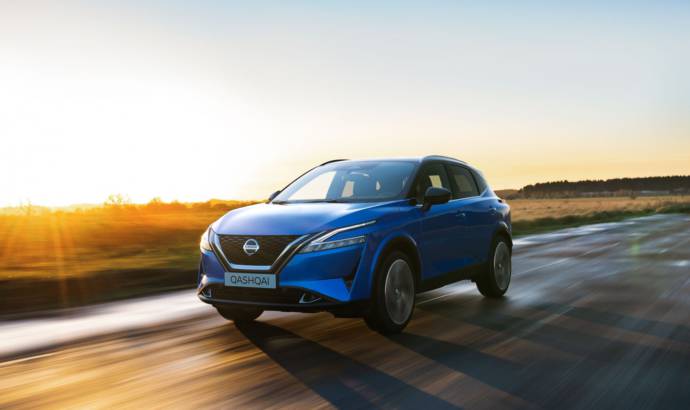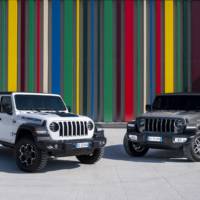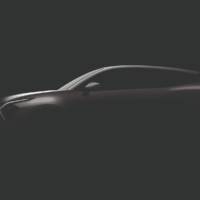The new generation Nissan Qashqai is rapidly approaching, and the Japanese automaker is preparing us with details on production and materials.
The all-new Qashqai will be Nissan’s first model built in Europe using a significant number of lightweight aluminium panels.
The bonnet, doors and front wings are stamped from aluminium alloy, which makes the Qashqai body 60kg lighter than the previous version. This improves efficiency on emissions and helps accommodate more technology, including Qashqai’s electrified powertrain.
A £52m investment in aluminium production at Nissan’s Sunderland plant includes the 2nd extra-large press line that was launched last year and the cyclone – a recycling facility that blasts scrap metal out at 150km an hour and can handle more than seven tons of metal an hour, ensuring less waste and a greener production process.
As bonnets and doors are stamped into shape, scrap material is shredded and extracted, keeping aluminium grades separate.
The separation ensures that Nissan can return high-quality scrap to suppliers. The suppliers turn the separated aluminium scrap into aluminium alloy sheets and redeliver them to Nissan for use in production.
Recycling scrap aluminium saves more than 90% of the energy needed to create a comparable amount from raw materials.
As part of Nissan’s effort to achieve carbon neutrality, by the early 2030s, every all-new Nissan vehicle offered in key markets will be electrified.
Nissan recently announced plans for a major expansion of its renewable energy generation in Sunderland, UK with a proposed 20MW solar farm extension.
If approved, the 37,000-panel extension would result in 20% of the plant’s energy coming from all onsite renewables, enough to build every single zero-emission Nissan LEAF sold in Europe.



